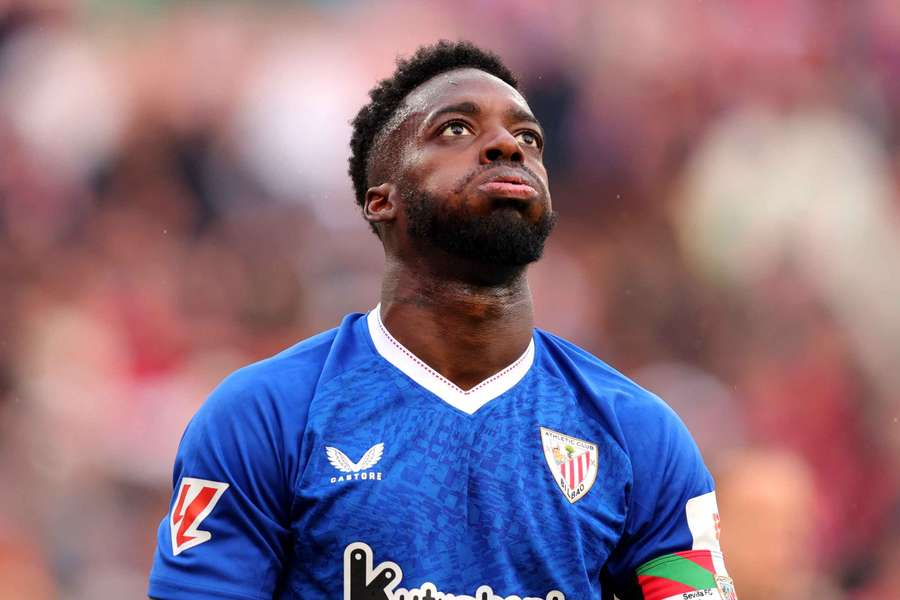The recent call-up for the World Cup qualifiers against Chad and Madagascar features Antoine Semenyo, Kamaldeen Sulemana, Jordan Ayew, Jerry Afriyie, Inaki Williams, and Christopher Bonsu Baah.
Four out of these six forwards compete in Europe's top five leagues, where they have generally excelled.
However, upon closer inspection, a challenge emerges. Except for Afriyie, the majority of these players predominantly operate on the wings.
Semenyo, Williams, and Ayew initially began their careers as strikers but have been adapted to play wide roles, either to leverage their strengths or accommodate their clubs' systems. This transition has come at the cost of honing their skills as pure strikers, a position that requires quick reflexes and instinctive decision-making in congested central areas.
The best strikers often execute their movements and finishes with muscle memory, developed through consistent training and game time in that role. Since these players spend most of their time with their clubs, where they play as wingers, they have limited opportunities to refine their striker skills with the national team.
Ghana continues to search for a reliable number nine, following the legacy of Asamoah Gyan, the country's all-time leading scorer. In 2024, four different players started as strikers across 14 games: Williams, Ayew, Semenyo, and Ransford-Yeboah Konigsdorffer.
For instance, Semenyo has only spent 2% of his 2,470 minutes in the Premier League playing as a striker, as emphasised in the heat map below from Opta Analyst.
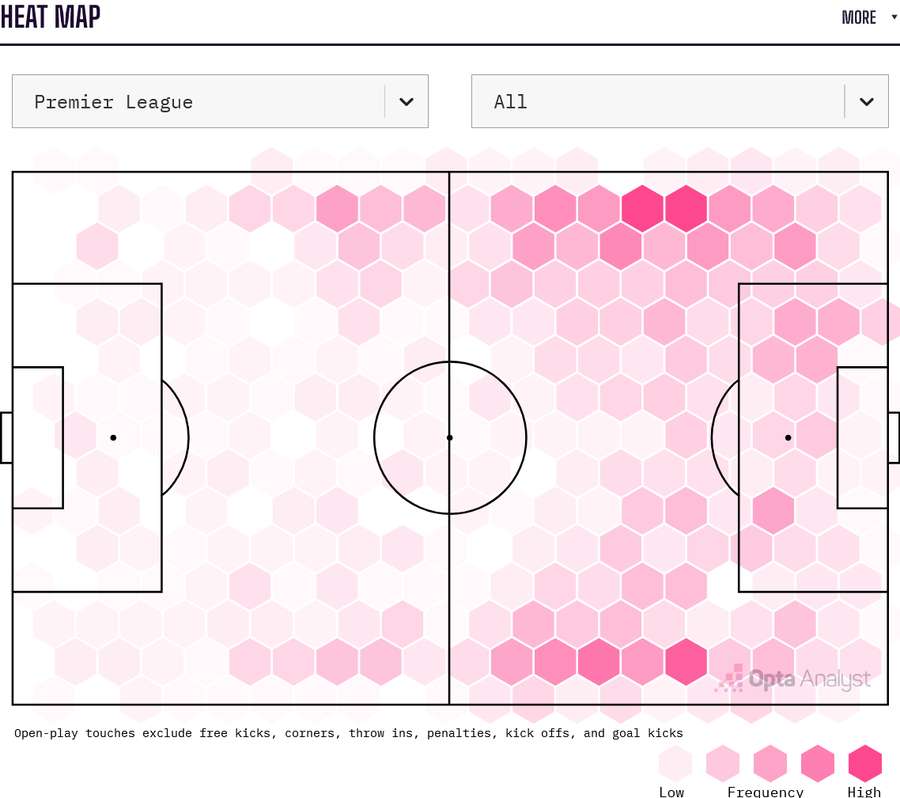
Even in the absence of Evanilson and Enes Unal, Andoni Iraola opted to play another Dango Ouattara as a striker, highlighting the Ghanaian’s impressive adaptation to the wings.
For Williams, he has become more of a creator this season with a career-high eight assists this season. As a result, his goal tally has suffered and has only scored five league goals after 27 games.
Ernesto Valverde has deployed the Ghanaian on the wings with the 30-year-old playing from the right side in 92% of his 2,227 LaLiga minutes this season.
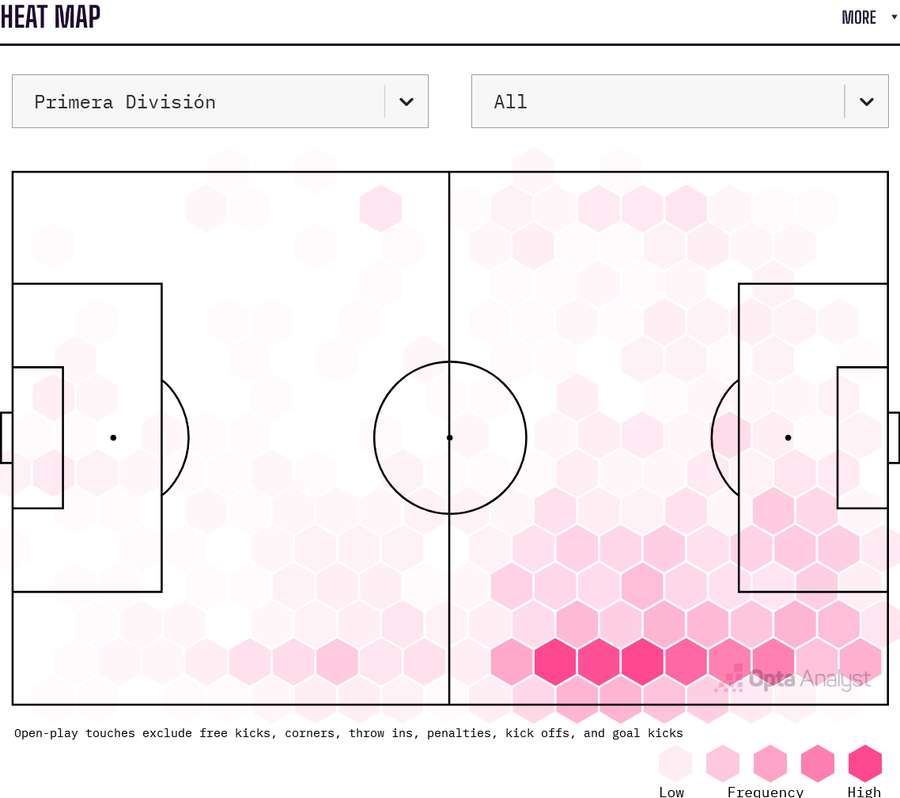
Twenty-six out of Williams' 31 chances created have come from the right side as he has had to recalibrate his game to play from out wide this season.
Ayew, despite being one of Ghana's most in-form players, has seen limited time as a centre forward since joining Leicester City.
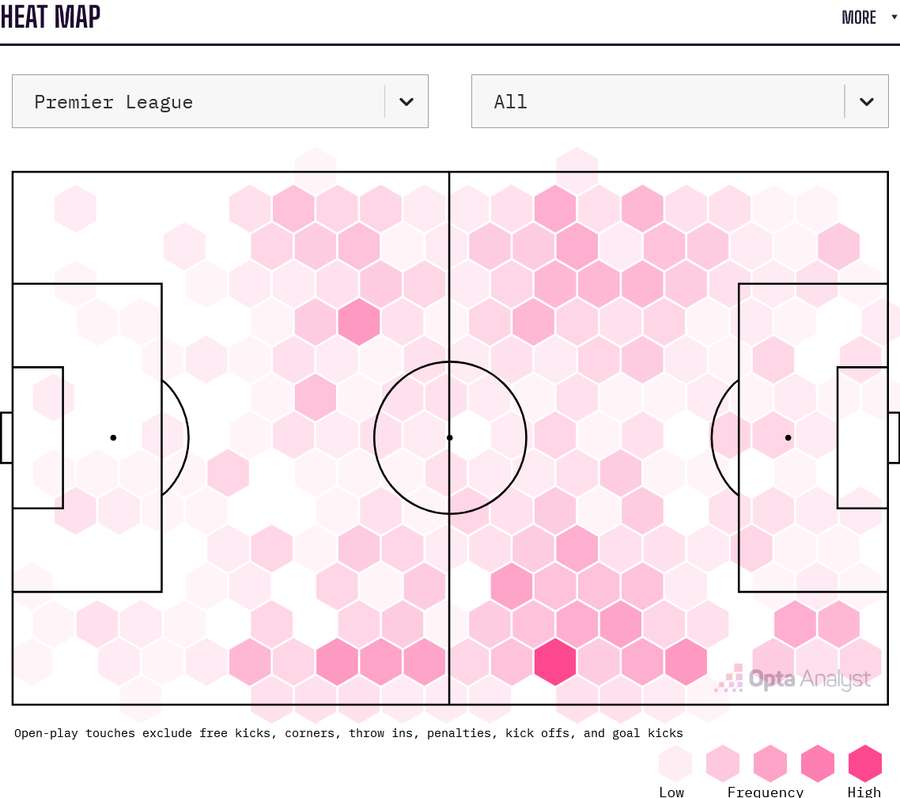
He has only started three games as a striker with most of his minutes being played on the wings and due to the defensive nature of Leicester City’s style, the 33-year-old usually finds himself helping his full-backs.
As a result, there’s a vast contrast in his attacking and defensive metrics highlighted in the donut graphic below. He ranks in less than the 20th percentile in shots and touches in opposition box.
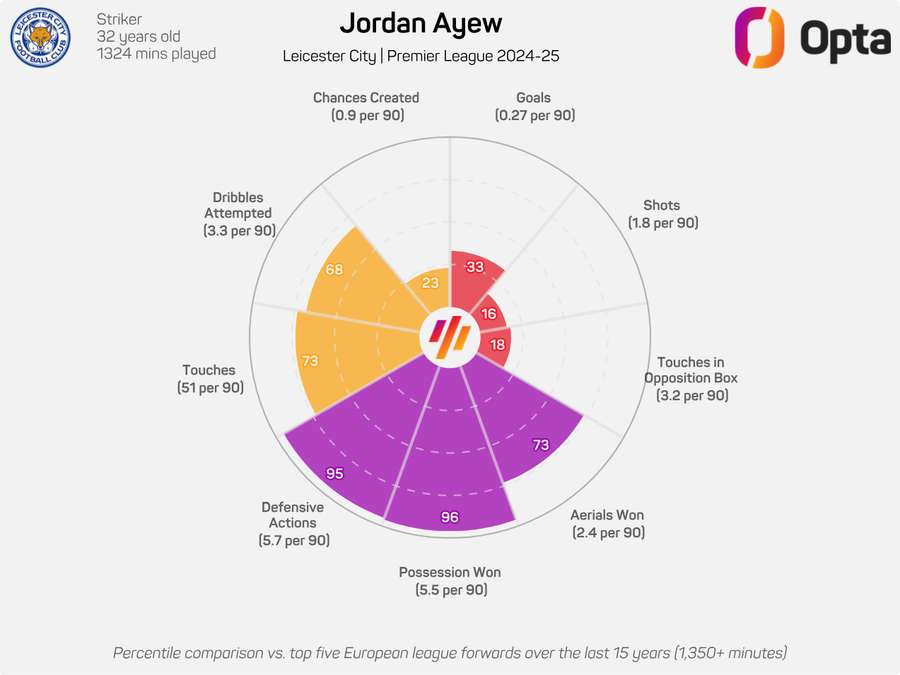
Lack of shots will only make a forward rusty and with the lack of game time as well he could lack sharpness to lead Ghana’s frontline.
The lack of box presence among Ghana's attackers makes Afriyie a promising option, though he is still developing.
With two goals in three games for CD Lugo and a goal on his Black Stars debut, he shows potential with his physical traits and finishing instincts.
However, integrating him smoothly into the national team is crucial to ease pressure and ensure a seamless transition.
To address the striking dilemma and improve fluidity upfront, coach Otto Addo may need to adopt creative strategies or rely on Afriyie.
This challenge is particularly pressing after Ghana failed to qualify for the 2025 African Cup of Nations due to a lack of goals.
Resolving this issue will be vital if Ghana hopes to secure a spot in the 2026 World Cup.
The Black Star Watch is a compelling weekly column written by Owuraku Ampofo, a seasoned sports journalist with over five years of experience reporting on Ghanaian players. This column aims to uncover patterns, address pressing questions, and illuminate trending topics surrounding Ghanaian footballers.
Check out more sports news


